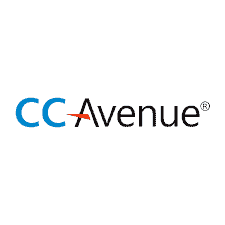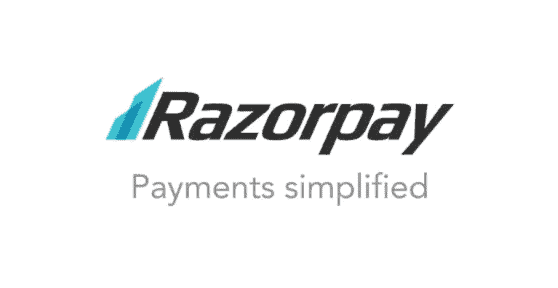Archive and Record Management Online Training Course
What is and isn’t a record? And should you keep it or toss it?
Archive and Record Management is the systematic control of the creation, receipt, maintenance, use, and disposal of records both physical and digital to ensure their authenticity, reliability, integrity, and accessibility over time.
About the Archive and Record Management Course
The Archive and Record Management Online Training Course is designed to provide participants with a strong foundation in modern recordkeeping practices. You’ll learn how to identify records, classify them effectively, and implement systems that ensure compliance, accessibility, and long-term preservation. Whether you’re dealing with paper files or digital data, this course offers practical tools and insights to build or strengthen your organization’s records management framework.
What You’ll Learn
By the end of this course, participants will be able to:
- Discover the basic elements of records management programs.
- Learn how to manage both physical and electronic records.
- Understand legal and regulatory considerations related to records.
- Explore retention schedules, metadata standards, and preservation methods.
- Gain skills to develop policies and procedures tailored to your organization.
Archive and Record Management - Course Outline
This course is divided into twelve comprehensive modules, designed to build knowledge progressively from foundational concepts to practical applications in both physical and digital environments.
Module 1: Getting Started
- Workshop Objectives
Module 2: Understanding Records
- The cycle of Anger
- Understanding fight or flight
- Common Myths about Anger
- Case Study
Module 3: Do's and Don'ts
- Unhelpful Ways of Dealing with Anger
- Helpful Ways of Dealing with Anger
- Case Study
Module 4: Gaining Control
- A Word of Warning
- Using Coping Thoughts
- Using Relaxation Techniques
- Blowing Off Some Steam
- Case Study
Module 5: Separate the People from the
- Objective vs. Subjective Language
- Identifying the Problem
- Using "I" Messages
- Case Study
Module 6: Working on the Problem
- Using Constructive Disagreement
- Negotiation Tips
- Building Consensus
- Identifying Solutions
- Case Study
Module 7: Solving the Problem
- Choosing a Solution
- Making a Plan
- Getting it Done
- Case Study
Module 8: A Personal Plan
- Understanding Hot Buttons
- Identifying Your Hot Buttons
- A Personal Anger Log
- Case Study
Module 9: The Triple A Approach
- Alter
- Avoid
- Accept
- Menu
- Case Study
Module 10: Dealing with Angry People
- Understanding the Energy Curve
- De-escalation Techniques
- When to Back Away and What to Do
- Case Study
Module 11: Pulling It All Together
- Process Overview
- Putting it into Action
- Case Study
Module 12: Wrapping Up
Earn Your Certificate
Once you complete the Archive and Record Management Course, you will be awarded a Certificate of Completion.
Who Should Take This Course?
This course is ideal for:
- Records and Information Management Professionals
- Archivists and Librarians
- Administrative and Office Staff
- Document Controllers and Compliance Officers
- IT and Information Governance Teams
- Legal, HR, and Finance Personnel
- Anyone Interested in Records Management
Frequently Asked Questions
1. What is archive and record management?
Archive and record management refers to the systematic control of records throughout their lifecycle from creation and use to storage, preservation, and final disposal. It ensures that critical information is accessible, secure, and compliant with legal and organizational requirements.
2. Why is records management important for organizations?
Records management is essential for maintaining compliance, supporting decision-making, protecting sensitive information, and ensuring business continuity. It also helps reduce clutter, lower storage costs, and improve operational efficiency.
3. What’s the difference between archives and records?
Records are active documents used in daily operations, while archives are records that are no longer actively used but retained permanently for legal, historical, or organizational value.
4. Do I need technical skills to take this course?
Not at all. The course is designed to be accessible for learners from all backgrounds, including non-technical professionals. All technical concepts are clearly explained with examples.
5. Will I receive a certificate after completing the course?
Yes. Upon completion, you will receive a downloadable certificate of completion that verifies your training and can be added to your resume or professional profile.
We specialize in delivering tailored course solutions to match your unique needs. Feel free to reach out to us at [email protected].
- Archive and Records Management
- Download Certificate
Student Reviews
Feedback from students who have taken this course.

